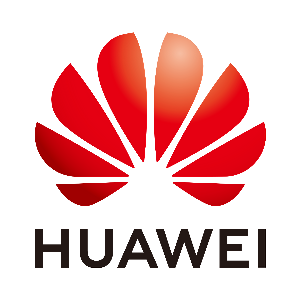China syndromeU.S. official: Executive order not needed to ban Huawei in U.S. 5G networks
“We have grave concerns about the Chinese vendors because they can be compelled by the National Intelligence Law in China as well as other laws in China to take actions that would not be in the interests of the citizens of other countries around the world. Those networks could be disrupted or their data could be taken and be used for purposes that would not be consistent with fundamental human rights in those countries,” says Robert Strayer, deputy assistant secretary of state for cyber and international communications and information policy.

Huawei logo // Source: wikipedia.org
A senior U.S. State Department official said there is no need for President Donald Trump to sign an executive order to explicitly ban Chinese telecommunication company Huawei from taking part in the buildout of the U.S. 5G networks.
The four largest U.S. telecom carriers — Verizon, AT&T, T-Mobile and Sprint — have agreed not to use Huawei in any part of their 5G networks, said Ambassador Robert Strayer, deputy assistant secretary of state for cyber and international communications and information policy.
Strayer spoke with VOA’s Nike Ching about U.S. 5G policy and security concerns over Huawei. He also said the United States will only use trusted vendors, including South Korea’s Samsung, Sweden’s Ericsson and Finland’s Nokia, in the buildout of the U.S. 5G networks.
Nike Ching: VOA broadcasts to many countries in Africa and Asia. These are places eager to develop their economies with high-tech communications. What does the U.S. say to those countries, which are eager for 5G and see the most attractive equipment and financing packages for those networks are all Chinese? If countries resist the Huawei offer, how many years back does that set their 5G networks? What would be the alternatives?
Robert Strayer: All around the world, we’re all very excited to see the promise of 5G technology. It’s going to empower things like telemedicine, autonomous vehicles, autonomous manufacturing, and including autonomous transportation networks in general.
So it’s going to be very important that network be incredibly secure because of all the critical infrastructure that’s going to ride on top of it. We know that there are a number of vendors besides Chinese technology vendors that are providing the equipment, the underlying infrastructure for 5G networks.
Those include Samsung in South Korea, Ericsson in Sweden and Nokia in Finland. So we believe those are trusted vendors.
We have grave concerns about the Chinese vendors because they can be compelled by the National Intelligence Law in China as well as other laws in China to take actions that would not be in the interests of the citizens of other countries around the world. Those networks could be disrupted or their data could be taken and be used for purposes that would not be consistent with fundamental human rights in those countries.
